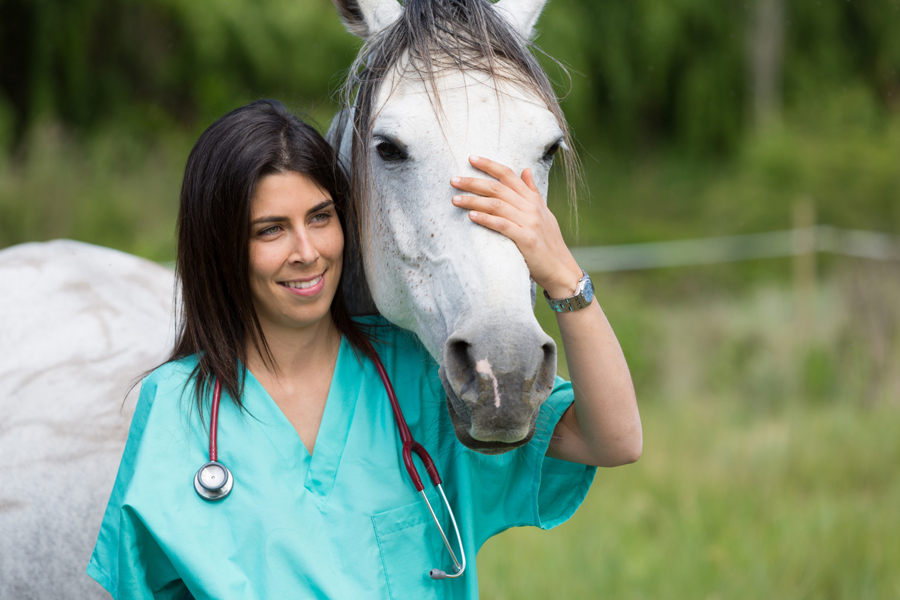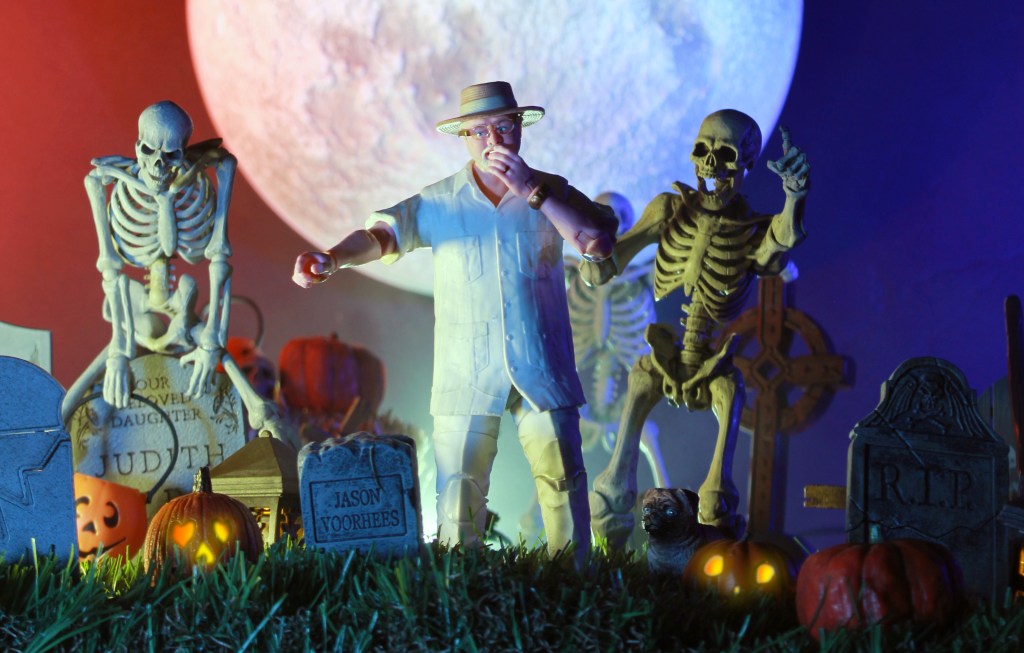Equine Veterinarians Make House Calls at Long Island Stables

For many pet owners, bringing a dog or cat to the veterinarian can be a stressful experience. Getting the animal in the car, moving through traffic and finally making it to an appointment are hassles that every owner has gone through. What do horse owners do when their animal is sick or limping? They can’t throw the thousand-pound beast in the backseat and head out to the nearest equine clinic, so a vet is called to their farm.
Long Island has several “concierge” equine vets, similar to Dr. Hank on Royal Pains, who travel from farm to farm to take care of their patients. Many of these vets are in their car from early in the morning to late at night. They may travel as far as Connecticut in one day to check on a horse at a show, then back to Long Island via the ferry to see their regular patients. Their ambulatory services are essential to the care that their equine patients require.
A major problem with horses is that they cannot throw up—this is just a fact of their digestive systems. “Horse colic” simply means that they suffer from abdominal pain, for myriad reasons. Colic can be caused by a change in temperature, switching feed or even travel to different shows—so many horses are susceptible to an upset stomach. Colic is the number one killer of equines, and vets must act quickly in order to relieve the pain and clean out the digestive system.
Apart from this problem, horses are similar to other pets; anything can happen when an owner looks away for a moment. A horse may come in from the field with a bee sting close to its eye, causing its eyelid to swell and be unable to function for a couple of days. In the winter, some horses accidentally freeze their tails in their water buckets, breaking off the bone. They can get foot-sore too, just from working on an ungroomed arena.
Equine vets, like general surgeons, need to retain a large amount of knowledge about the symptoms a horse might experience, and be able to diagnose the large animals quickly and accurately. Dr. Erica Koch, a veterinarian who works for Miller and Associates (a large and prominent equine veterinary practice), works on the East End with some of the most athletic horses on the island. She boards her horse at Laurel Crown Farms in East Quogue, where she is the residing concierge vet while at the same time being on call for other local farms. She says, “I really enjoy the East End—it’s a beautiful area to work. In my time working on the island, I have met some very welcoming equestrians and their mounts.”
Equine veterinarians can also take on different specializations, just like human doctors. For example, Austin Cohn, of Cohn Equine Dental Solutions LLC, is an equine dental technician, utilizing ambulatory services to meet his clients’ dental needs. Dentistry has become a crucial part of equine wellness programs, and equine dentists often work closely with veterinarians to resolve difficult dental issues. Most, if not all, of the horses that Cohn cares for are ridden, which means that they have a bit in their mouth. A bit is the metal piece that attaches to reins, allowing riders to maneuver their horses around an arena. A metal bit can wear on equine teeth, and good dental health is as important for horses as it is for people. “By travelling to different farms,” says Cohn, “I’m able to see the environment the horses are living in, and as a result, I can help them in a more specialized way.”
Horses are a large investment for their owners, and equine vets are key to keeping these athletic animals working for a living and fostering long-term health. The relationship between the animal and doctor is as imperative as medicine itself.
For more information about Miller and Associates and Cohn Equine Dental Solutions LLC, visit their websites, miller-dvm.com and cohnequinedental.com.









